- Solar advice hub
- How-solar-works
- Do solar panels fail in hot weather?
Do solar panels fail in hot weather?
We explore whether solar panels become less effective in extremely hot temperatures.


Why you can trust our content
We know that the solar industry is full of misinformation, but we only use reliable sources, including:
- Our experienced solar experts, installers and system designers
- Our own database of solar & battery system designs
- Authoritative bodies like MCS and the UK government



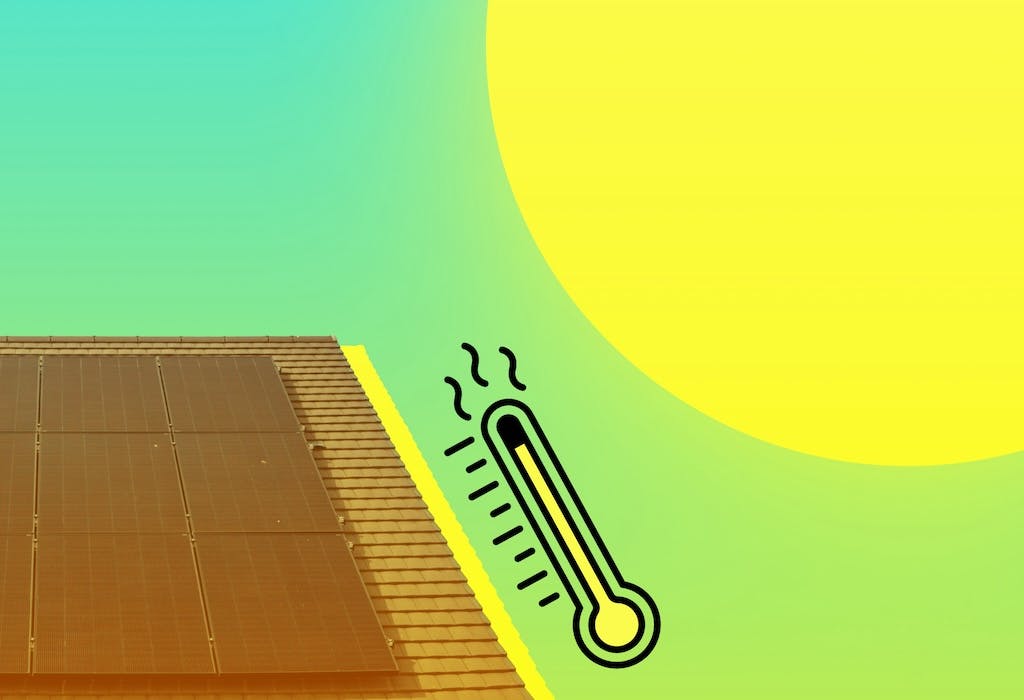
At a glance
As climate change takes its toll on UK summers and makes extreme weather ever more frequent, it’s a good time to understand how solar panels fare in the heat.
We’ll explore whether intense heat can actually cause problems for solar panels, and what should be done (if anything) about it in the UK.
If you would like to find out how much you could save with a solar & battery system, simply answer a few quick questions below and we’ll provide an estimate.
Is it true that solar panels stop working in hot weather?
No, it’s not true.
In reality, while extreme heat can reduce a solar panel’s efficiency, they continue to function effectively, even in high temperatures. In the UK, around 40% of a solar panel system's energy is generated in the summer (see chart below), showing its strong performance in warmer months.
“Solar power works perfectly well in the Saudi Arabian desert - and the same panels are being installed there as on rooftops in Birmingham or a field in Oxfordshire,” says Solar Energy UK Chief Executive Chris Hewett.
Even if the summer temperatures were to creep towards boiling point, the reduction in power output would be only around 20% (assuming other conditions remain constant), according to Solar Energy UK. Although we’d have other problems if the temperature outside was 100°C.
What temperature is too hot for solar panels?
Solar panels work well in most moderate temperatures – but the hotter the panels, the less effective they are because of increased electrical resistance in the materials.
However, it's not until extremely high temperatures - around 85°C - that solar panels might stop generating electricity altogether, and this level of heat is far above what’s experienced around the world.
In most cases, during a significant heatwave, solar panels will experience reduced output rather than a complete shutdown.
As you can see in the chart below, even if a solar panel's temperature reaches 50°C, it will still be operating at 92% of its original output level - not a significant loss at all.
Typical solar panel output loss in high temperatures
What is a solar panel’s temperature coefficient?
A solar panel's temperature coefficient measures how its electrical output changes with fluctuations in temperature. The lower the coefficient, the better it performs in high temperatures – and it’s usually measured as a percentage per degree over 25°C.
For example, if we look at the best temperature coefficient of a solar panel today, which is about -0.32% per degree Celsius, this indicates that the panel's output will decrease by 0.32% for every degree that the panel's temperature rises above 25°C.
This means if the panel's temperature increases to 35°C, its efficiency would drop by approximately 3.2% from its optimal output at 25°C.
This coefficient refers specifically to the panel's temperature, not the surrounding air temperature. So, even if it's 25°C outside, the panel itself may be hotter.
Understanding this coefficient helps assess a panel's efficiency across varying climates, ensuring optimal performance even in extreme temperatures.
Why do solar panels get less efficient in hot weather?
Solar panels are vulnerable to heat because of their operating environment and construction materials. The most obvious factor is that panels are usually placed where they can absorb direct sunlight for maximum energy capture, which naturally raises their temperature.
Also, the materials used in the construction of solar panels, such as metal frames and silicon cells, are excellent conductors of heat. This property is helpful for making the panels strong and efficient, but it also means they trap heat after being in the sun for a while.
The electrical characteristics of silicon, the primary material in solar cells, change with temperature. Higher temperatures make the silicon cells less effective at converting sunlight into electricity, which can lead to a decrease in output capacity of about 0.5% for each degree.
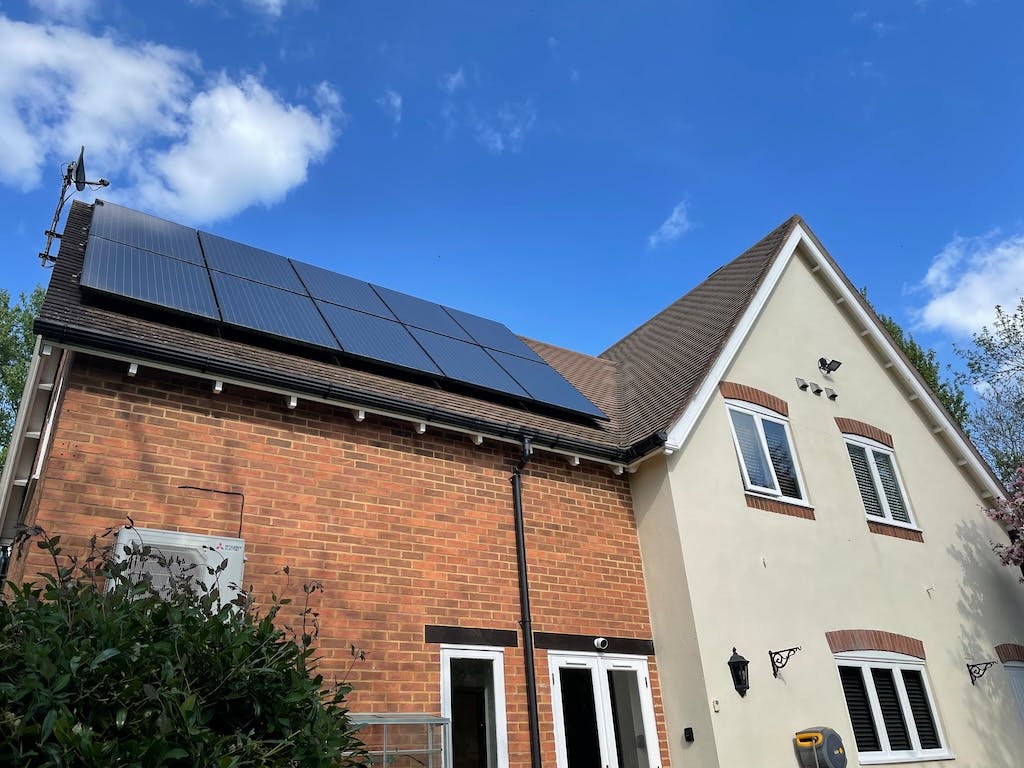
Is a solar panel’s temperature coefficient important in the UK?
In the UK, the temperature coefficient of solar panels is less of a concern compared to hotter climates – our typical UK weather, even during summer, is usually moderate enough that the panels rarely get hot enough to see substantial efficiency losses.
With the cost of solar panels being a significant outlay, it's better to focus your research on more meaningful factors like panel efficiency, warranty, and installation quality.
What’s the best temperature for a solar panel?
The optimum temperature range for a solar panel is between 20°C to 25°C - this is the point at which it tends to produce the most electricity.
When the temperature of the solar panel exceeds this range, the efficiency decreases because of changes in the semiconductor properties of the cells – this is measured by the temperature coefficient, which we discussed above.
Keep in mind that the perfect temperature can vary depending on the specific design and materials of the solar panel. Plus, other things like the angle of the sun, temperature, and how the panels are angled can play a role in their output.
Are any countries too hot for solar panels?
Given the 85°C threshold, it’s a blessing that no country is too hot for solar panels. But high temperatures can significantly affect their efficiency in warmer regions like India and the Gulf countries.
These hot climates are home to some of the world's largest solar farms, including the Bhadla Solar Park in India and the Mohammed bin Rashid Al Maktoum Solar Park in the UAE.
To counteract the heat, solar farms have different cooling measures in place. One common approach is to install solar panels at an angle to allow airflow beneath them, which dissipates heat. Some solar farms also use active water or air-based cooling systems to maintain optimal panel temperatures.
In Saudi Arabia, for example, scientists tested a range of cooling systems for desert-based PV panels, including rear heat pipes circulating water to dissipate excess heat, and phase change materials (PCM) which absorb heat buildup during the day and release it at night.
The heat doesn't stop solar from being a valuable resource in these countries, and it plays a significant role in their renewable energy goals.
Summary
Bright and sunny conditions are ideal for solar panels, but excessive heat can affect their performance, causing drops in efficiency. However, solar panels only stop working completely when they hit 85°C – which is much higher than they should reach.
Ultimately, solar panels are becoming more durable with technology, making them a valuable choice for renewable energy, even in challenging weather situations.
If you’re wondering how much a solar & battery system could save you, answer a few quick questions below and we’ll generate an estimate.
Solar panels in hot weather: FAQs
Related articles
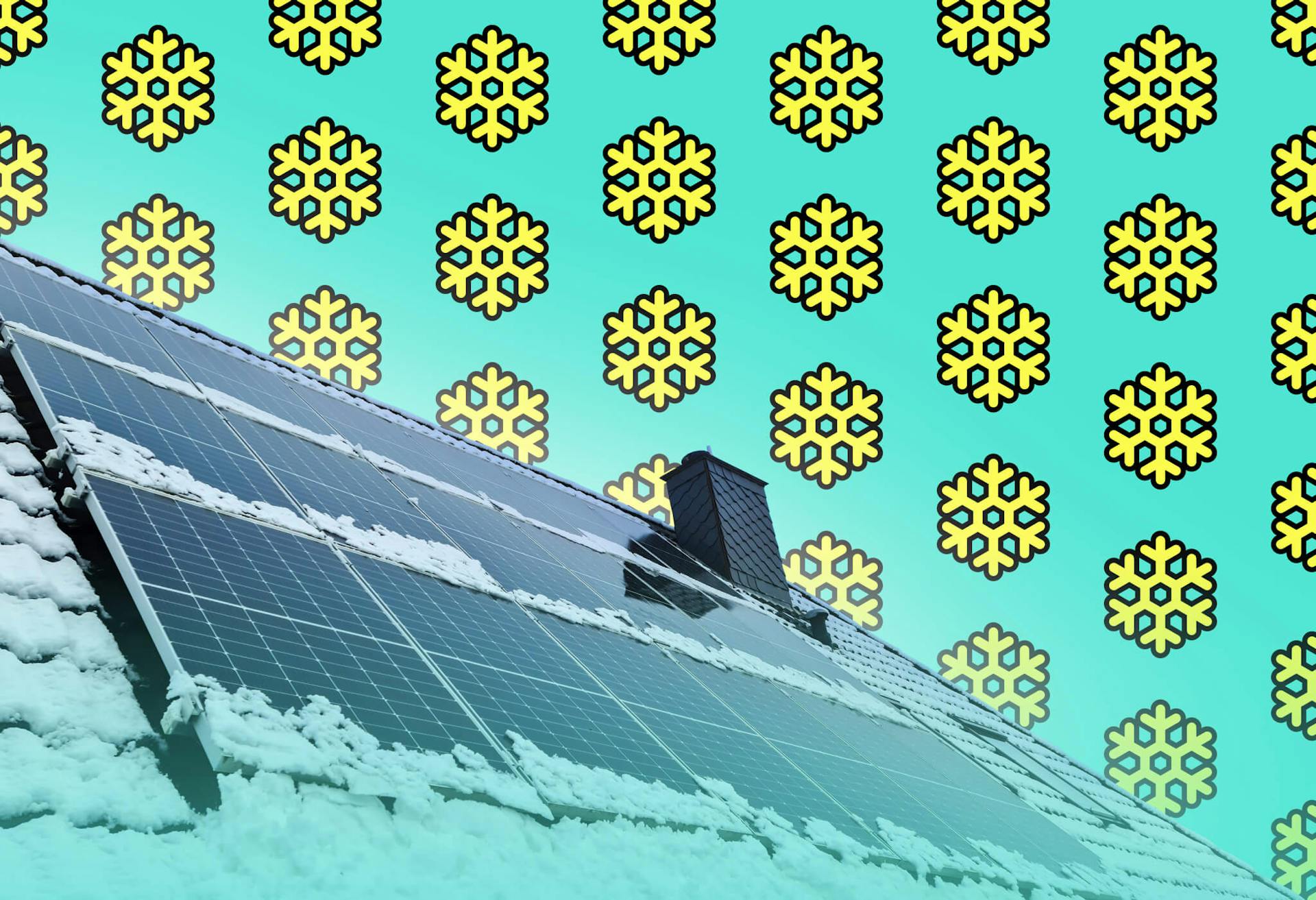
Do solar panels work in winter and on cloudy days?
Read full story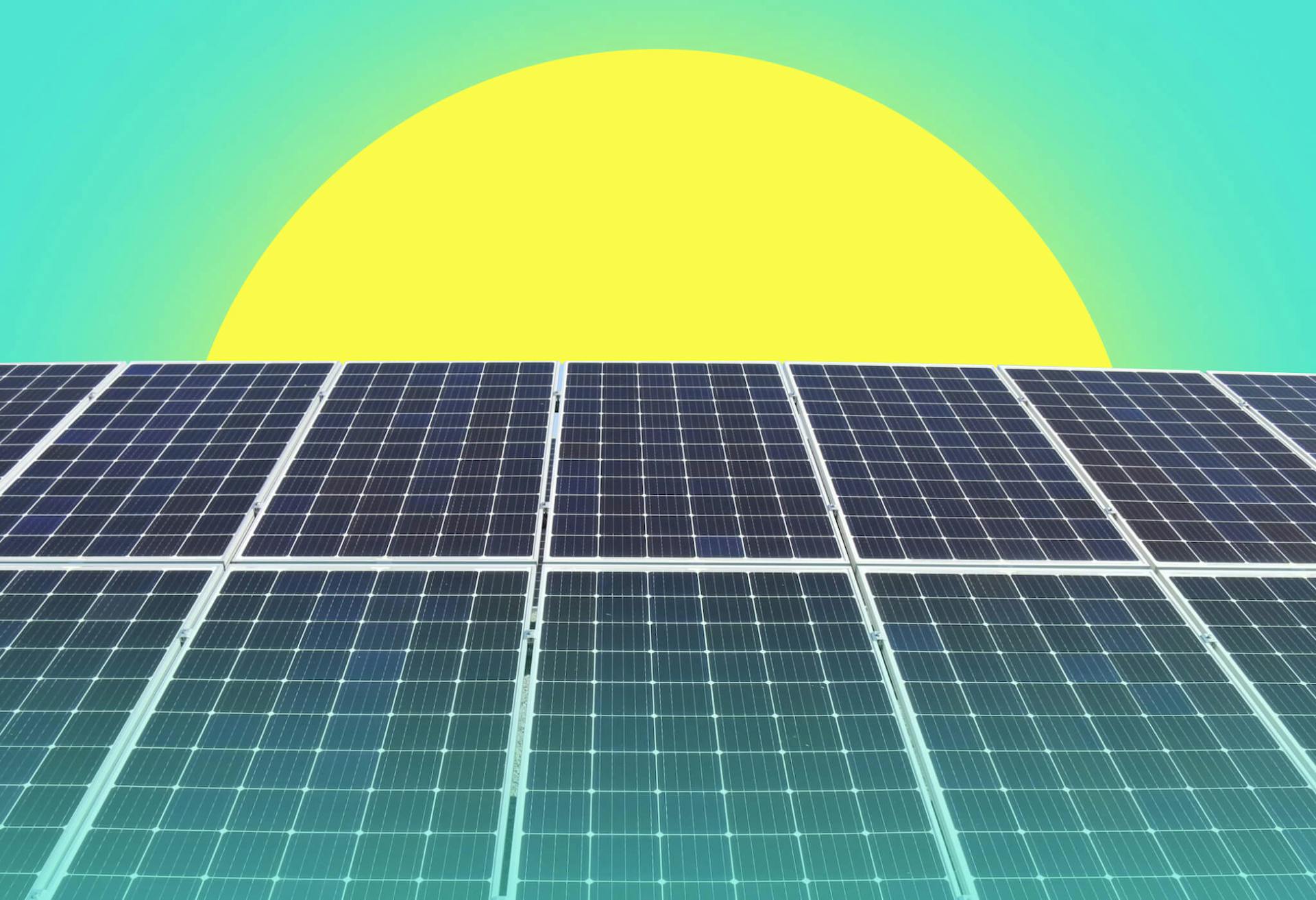
How do solar panels work?
Read full story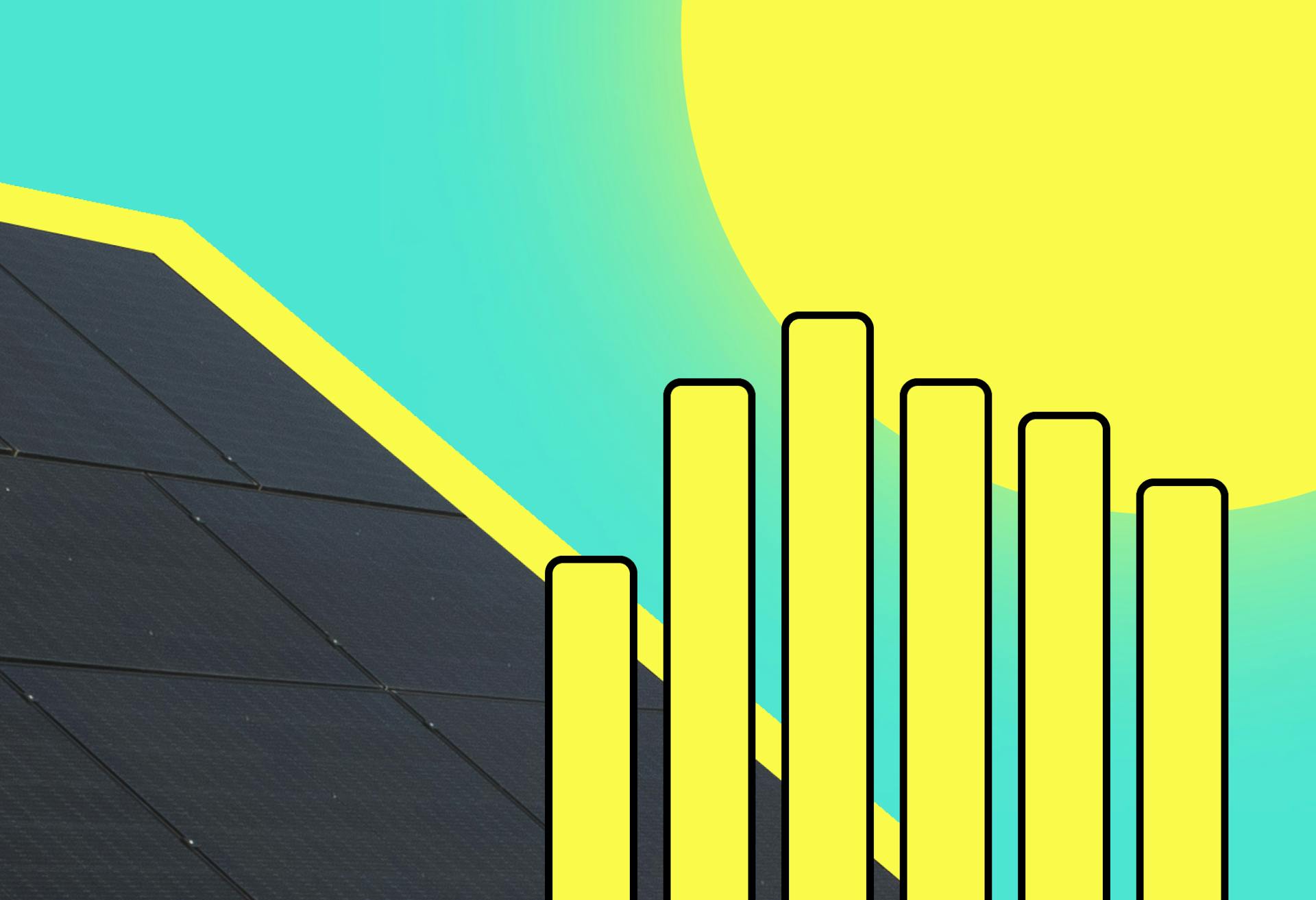
How efficient are solar panels?
Read full story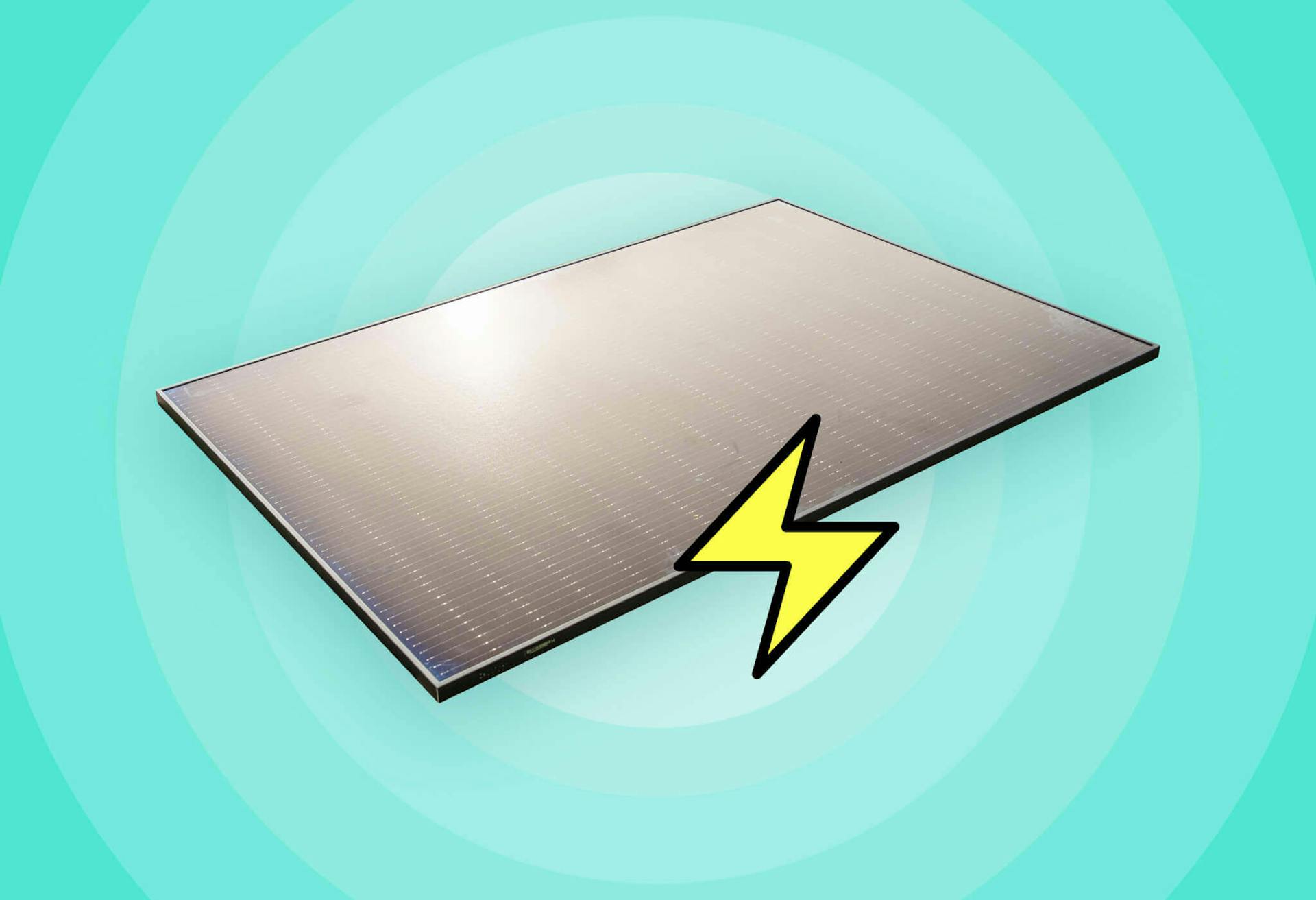
How much energy do solar panels produce?
Read full story
Written byMelody Abeni
Based in London, Melody is a specialist green technology writer who has been covering sustainability, climate action and ESG for the past five years, after gathering operational experience in green investing and financial services. She has written for various industry publications, including renewable technology advisor The Eco Experts, and she holds a Master’s degree in law from Birkbeck University.